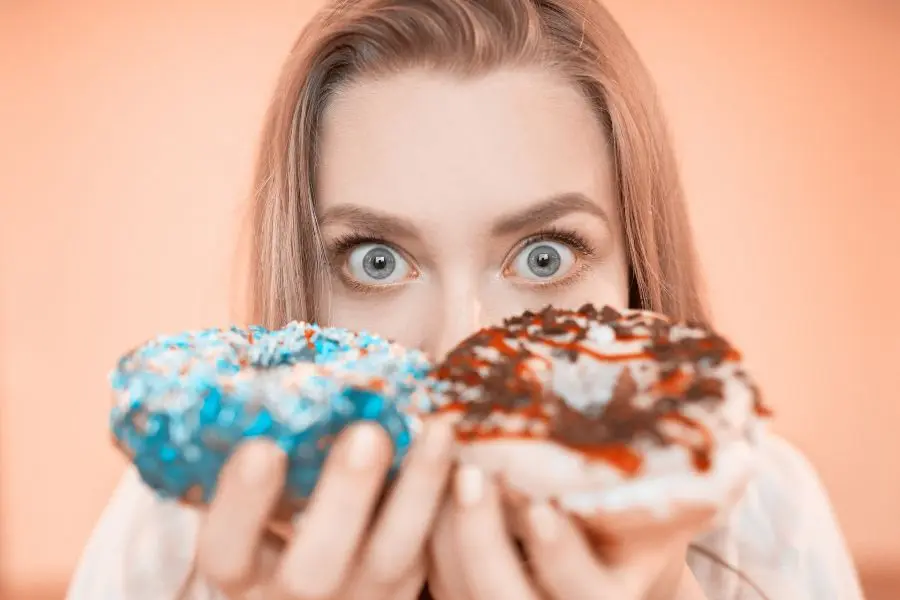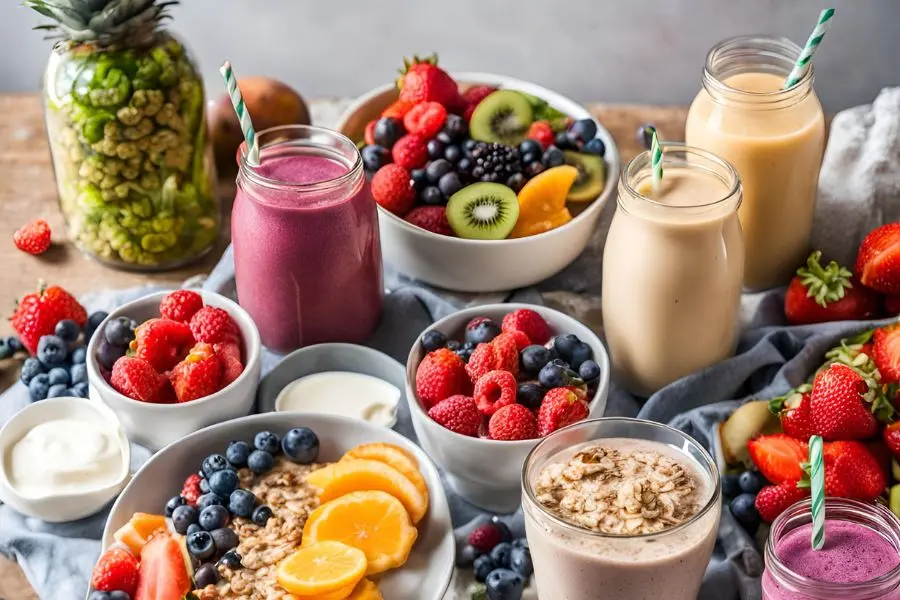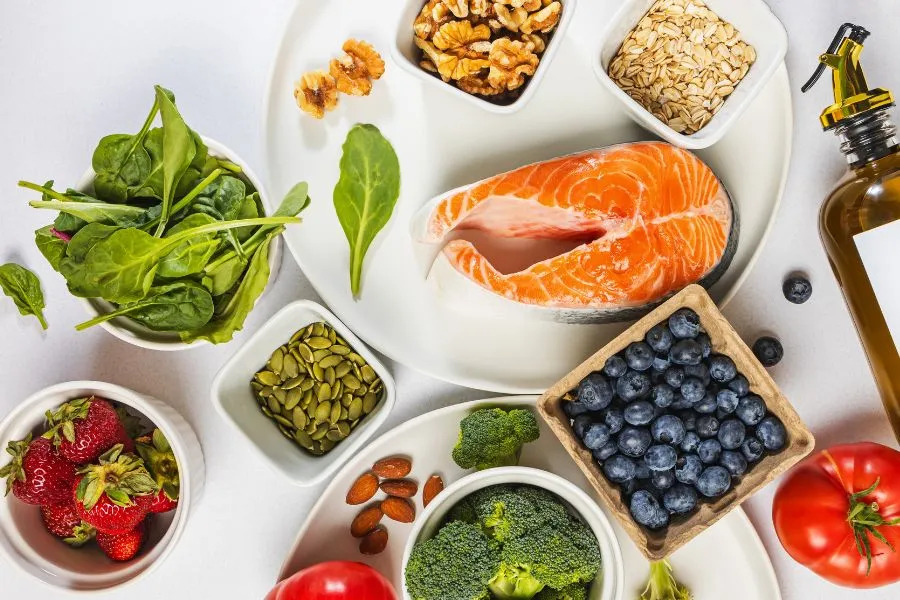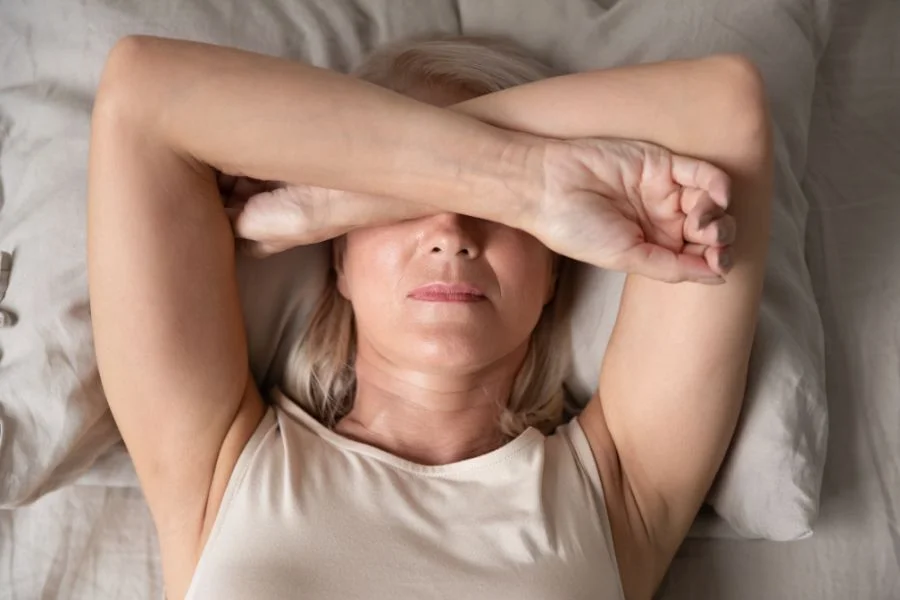Ever noticed that when you’re feeling exhausted, you reach for sugary snacks? This common phenomenon is more than just a lack of willpower; it’s a complex interaction between your body’s energy needs and brain chemistry. Understanding why you crave sugar when you’re tired can help you make better dietary choices and maintain your energy levels more effectively.
The Science Behind Sugar Cravings
When you’re tired, your body and brain are running low on energy. Glucose, a simple sugar, is the primary fuel source for your brain. When energy levels drop, your brain signals that it needs a quick boost, which often comes in the form of sugary foods. This immediate energy supply can help temporarily alleviate feelings of fatigue and improve concentration.
A study published in Neuroscience & Biobehavioural Reviews found that sugar intake can enhance cognitive performance and mood temporarily due to its impact on the brain’s reward system. The consumption of sugar triggers the release of dopamine, a neurotransmitter associated with pleasure and reward, which is why you might feel a temporary high after eating sweets.
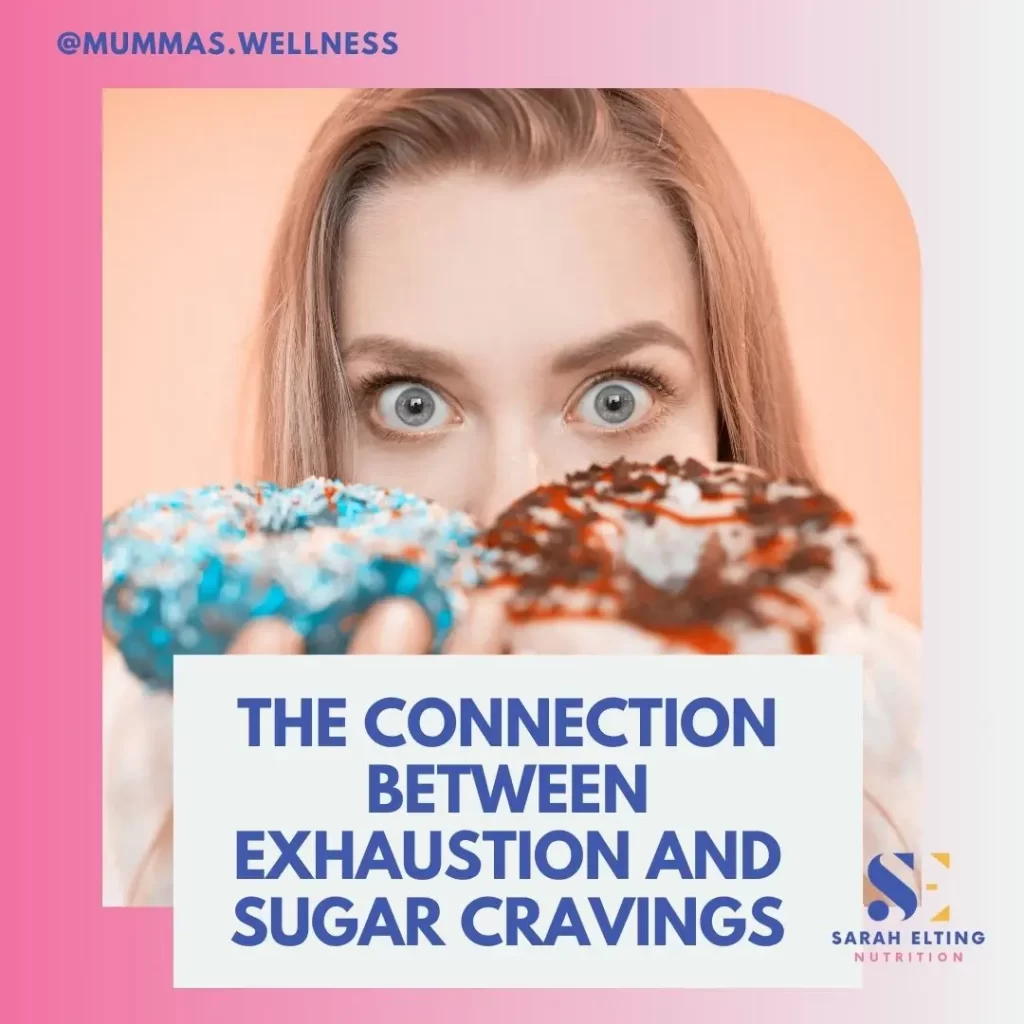
Sleep Deprivation and Hormonal Changes
The Role of Stress
Stress is another factor that can exacerbate sugar cravings. When stressed, your body releases cortisol, a hormone that increases appetite and cravings for high-energy foods, especially those rich in sugar and fat. This is part of the body’s fight-or-flight response, which historically helped humans to survive by consuming high-calorie foods during times of stress or scarcity.
Research published in the Journal of Health Psychology indicates that chronic stress can lead to changes in eating behaviours, including increased consumption of sugary foods. This stress-induced eating is often a way to cope with negative emotions and to seek comfort from the temporary boost in mood provided by sugar.
Statistics on Sugar Cravings and Sleep
To put things into perspective, a study by the National Sleep Foundation found that adults who sleep less than 7 hours per night are more likely to consume sugary beverages and snacks. Approximately 62% of sleep-deprived adults reported craving high-calorie, sugary foods more frequently compared to 45% of those who get adequate sleep.
Furthermore, a survey conducted by the American Psychological Association revealed that 38% of adults reported overeating or eating unhealthy foods due to stress in the past month. Among them, 33% admitted to eating junk food or sugary snacks when feeling stressed.
Managing Sugar Cravings
- Get Enough Sleep: Aim for 7-9 hours of sleep per night to help regulate your hormones and reduce cravings.
- Eat Balanced Meals: Include a mix of complex carbohydrates, protein, and healthy fats in your diet to maintain stable blood sugar levels. Foods high in fibre and protein can help you feel full longer, reducing the likelihood of reaching for sugary snacks.
- Stay Hydrated: Sometimes, thirst is mistaken for hunger. Drinking plenty of water throughout the day can help keep cravings at bay.
- Manage Stress: Practice stress-reducing activities like yoga, meditation, or deep-breathing exercises. Reducing stress can lower cortisol levels and decrease the likelihood of stress-related sugar cravings.
- Healthy Snacking: If you do need a snack, choose healthier options like fruits, nuts, or yogurt. These can provide a mix of nutrients without the excessive sugar spike.
Craving sugar when you’re tired is a natural response driven by your body’s need for quick energy. By understanding the underlying causes, such as hormonal imbalances, sleep deprivation, and stress, you can take steps to manage these cravings more effectively. Prioritizing sleep, managing stress, and maintaining a balanced diet are key strategies to help reduce your reliance on sugary snacks and improve overall health.
By implementing these strategies, you can better control your sugar cravings and support your body’s energy needs in a healthier way.
References:
- Neuroscience & Biobehavioural Reviews, Study on Sugar and Cognitive Performance
- Journal of Clinical Endocrinology & Metabolism, Study on Sleep Deprivation and Hormonal Changes
- Journal of Health Psychology, Study on Stress and Eating Behaviours
- National Sleep Foundation, Sleep Deprivation and Sugar Cravings
- American Psychological Association, Stress and Unhealthy Eating

